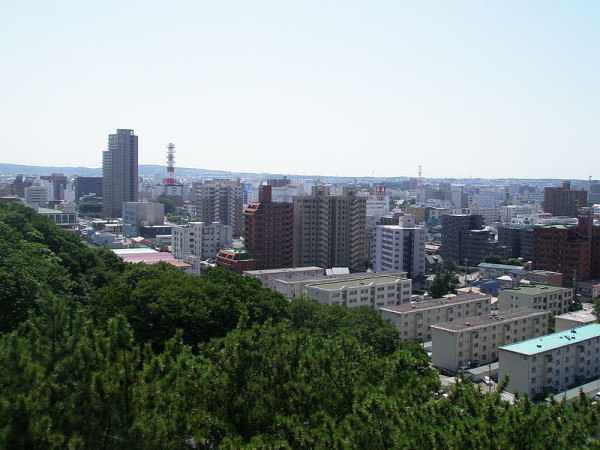Thursday, 26/02/2026 | 05:59 GMT+7
Some 22 years after an on-site survey began, construction on a large-scale geothermal power plant in Akita Prefecture kicked off Monday.
The project will generate 42,000kW, or enough electricity for 80,000 households a year, and is expected to cost the consortium of J-Power, Mitsubishi Materials and Mitsubishi Gas Chemical around 30 billion yen ($244 million).
Slated to go online in 2019, the plant in the city of Yuzawa will be Japan's first geothermal station with output of more than 10,000kW in 23 years.
Unlike solar or wind energy, geothermal power can generate electricity around the clock because the heat from the earth's interior is continually replenished.

The consortium established an operating company back in 2010. It recently borrowed a total of 26.2 billion yen from parties including Mizuho Bank, with a government-affiliated entity guaranteeing 80%. Return on investment for geothermal plants is estimated at 13% -- far above the 6% for solar power projects.
The Yuzawa power plant will be the country's fifth-largest geothermal station -- and J-Power's first in 44 years.
More than five other big projects in Japan are also on the drawing board. Idemitsu Kosan and Japan Oil Development are among those conducting drilling surveys.
The government projects geothermal energy to rise from 0.3% of the country's overall power generation mix to around 1% by 2030.
Japan's potential geothermal power supply is estimated at 23.4 million kilowatts, putting the country behind only the U.S. and Indonesia. But 80% lies within the boundaries of national parks, hampering exploitation. Current output stands at a paltry 520,000kW.
The Ministry of Economy, Trade and Industry, in cooperation with the Ministry of the Environment, plans to relax some of the tough rules to help promote the development of geothermal energy. Specifically, it is considering approving exceptions to a ban on building structures taller than 13 meters.
Anh Tuan








 Consultation on the methodology for developing and updating energy consumption standards for four major industrial sectors
Consultation on the methodology for developing and updating energy consumption standards for four major industrial sectors
 Opening of the 2025 Energy-Efficient Equipment and Green Transition Exhibition Fair
Opening of the 2025 Energy-Efficient Equipment and Green Transition Exhibition Fair
 Energy-saving solutions and green transition promotion
Energy-saving solutions and green transition promotion
 The 9th VEPG Steering Committee Meeting: Strengthening Coordination for Viet Nam’s Just Energy Transition
The 9th VEPG Steering Committee Meeting: Strengthening Coordination for Viet Nam’s Just Energy Transition